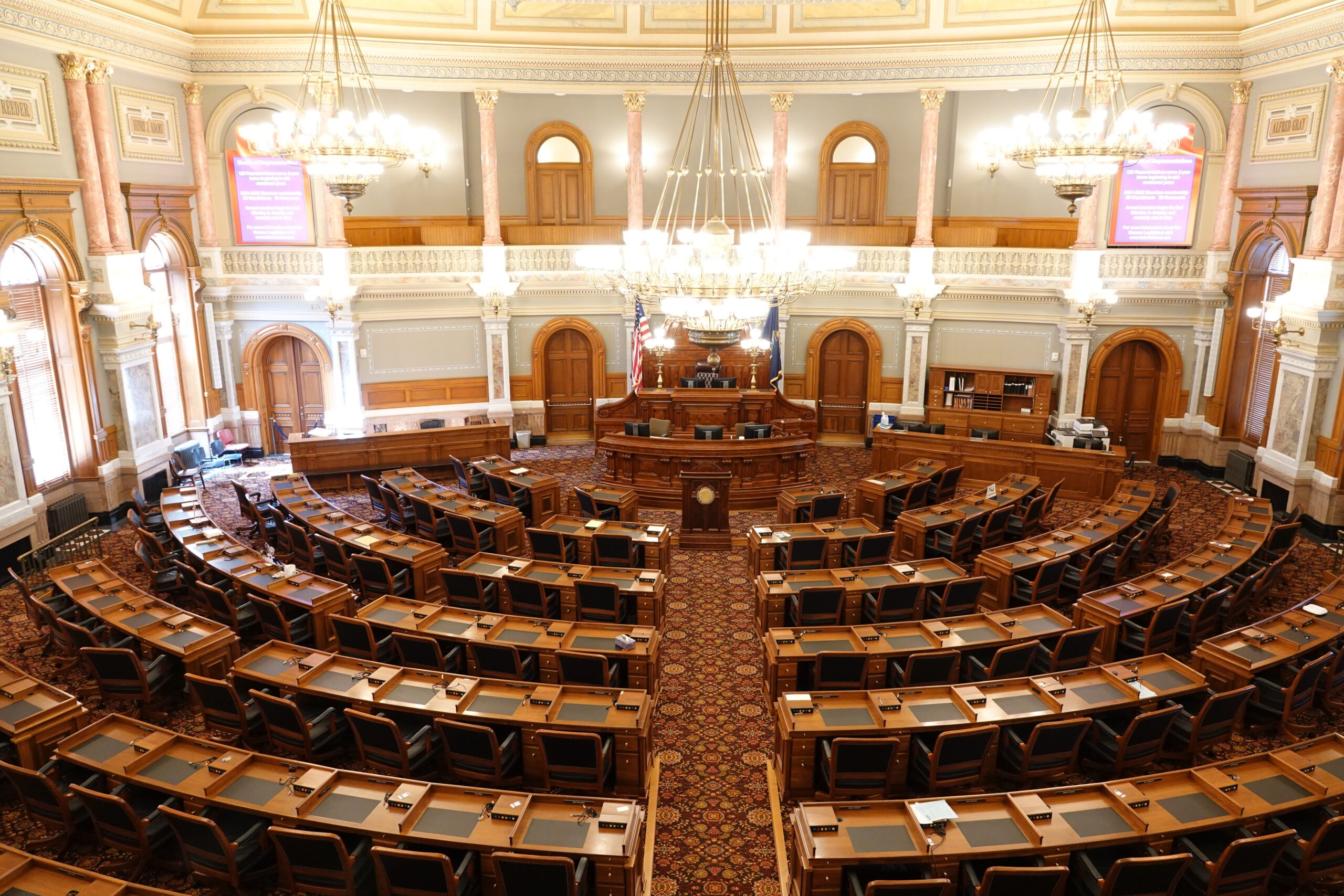FACTS:
Private respondents were allegedly awarded a “verbal contract of lease” in 1970 by the National Parks Development Committee (NPDC), a government initiated civic body engaged in the development of national parks, including Rizal Park.
Whoever in NPDC gave such “verbal” accommodation to private respondents was unclear, for indeed no document or instrument appears on record to show the grantor of the verbal license to private respondents to occupy a portion of the government park dedicated to the national hero’s memory.
Private respondents were allegedly given office and library space as well as kiosks area selling food and drinks.
Private respondent General Assembly of the Blind, Inc. (GABI) was to remit to NPDC, percent of the profits derived from operating the kiosks, without again anything shown in the record who received the share of the profits or how they were used or spent.
With the change of government after the EDSA Revolution, the new Chairman of the NPDC, herein petitioner, sought to clean up Rizal Park, terminated the so-called verbal agreement with GABI and demanded that the latter vacate the premises and the kiosks until March 8, 1988, in a notice dated March 5, 1988.
Private respondent Iglesias, GABI president, who is totally blind, claims that he was deceived into signing the notice. He was allegedly told by Ricardo Villanueva, then chief warden of Rizal Park, that he was merely acknowledging receipt of the notice.
On the day of the supposed eviction, GABI filed an action for damages and injunction against petitioner, Villanueva, and “all persons acting on their behalf”. The trial court issued a temporary restraining order on the same day.
The TRO expired on March 28, 1988. The following day, GABI was finally evicted by NPDC.
GABI’s action for damages and injunction was subsequently dismissed by the RTC, ruling that the complaint was actually directed against the State which could not be sued without its consent.
On appeal, the Court of Appeals reversed the decision of the trial court. Petitioner was ordered to pay private respondent Iglesias moral and exemplary damages and attorney’s fees.
Hence, this petition.
ISSUE:
When is a suit against a public official deemed to be a suit against the State?
RULING:
The doctrine of state immunity from suit applies to complaints filed against public officials for acts done in the performance of their duties. The rule is that the suit must be regarded as one against the state where satisfaction of the judgment against the public official concerned will require the state itself to perform a positive act, such as appropriation of the amount necessary to pay the damages awarded to the plaintiff.
The rule does not apply where the public official is charged in his official capacity for acts that are unlawful and injurious to the rights of others. Public officials are not exempt, in their personal capacity, from liability arising from acts committed in bad faith.
Neither does it apply where the public official is clearly being sued not in his official capacity but in his personal capacity, although the acts complained of may have been committed while he occupied a public position.
We are convinced that petitioner is being sued not in his capacity as NPDC chairman but in his personal capacity. The complaint filed by private respondents in the RTC merely identified petitioner as chairman of the NPDC, but did not categorically state that he is being sued in that capacity.
Also, it is evident from paragraph 4 of said complaint that petitioner was sued allegedly for having personal motives in ordering the ejectment of GABI from Rizal Park.
We find, however, no evidence of such abuse of authority on record.
Rizal Park is beyond the commerce of man and, thus, could not be the subject of a lease contract. Admittedly, there was no written contract. That private respondents were allowed to occupy office and kiosk spaces in the park was only a matter of accommodation by the previous administrator. This being so, also admittedly, petitioner may validly discontinue the accommodation extended to private respondents, who may be ejected from the park when necessary. Private respondents cannot and does not claim a vested right to continue to occupy Rizal Park.
